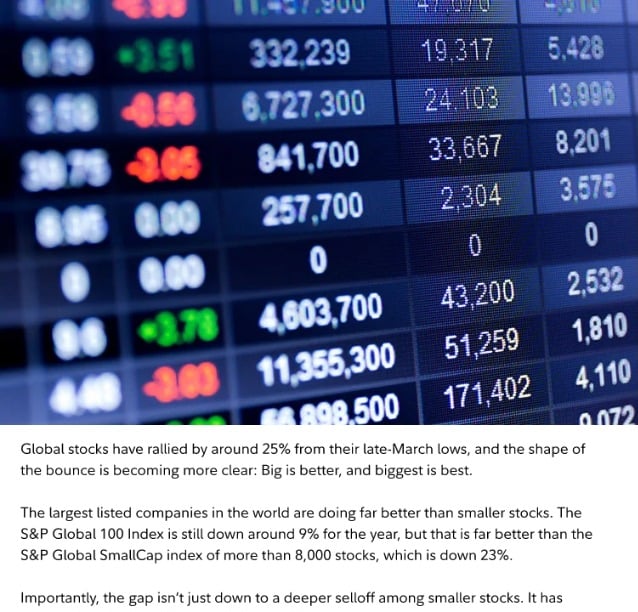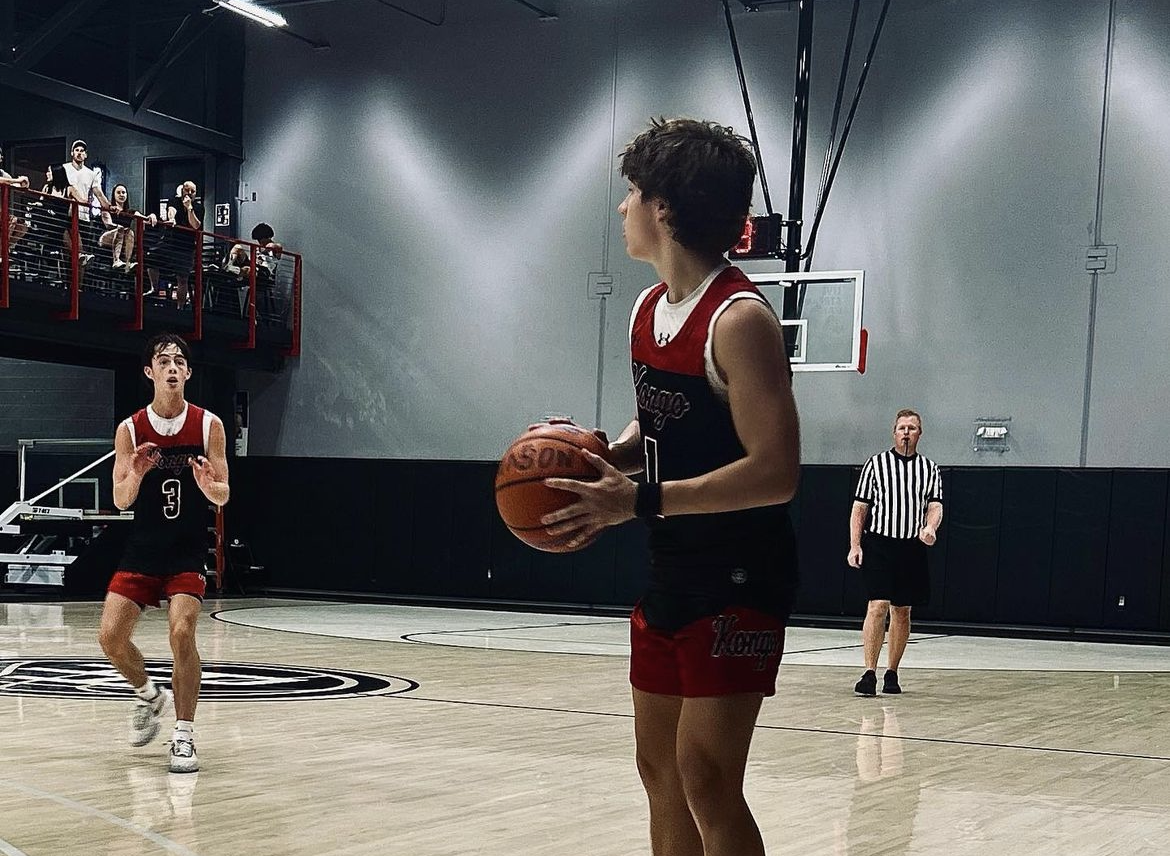Ang Lee's The Wedding Banquet: A Study Of Queer Love And Family Dynamics

Table of Contents
The Performance of Identity and the "Green Card Marriage"
The central premise of The Wedding Banquet revolves around Wai-Tung's sham marriage to Wei-Wei to appease his traditional Chinese parents. This "green card marriage," however, becomes a potent metaphor for the performance of identity within a restrictive cultural context. Wai-Tung, a gay man living in New York, feels immense pressure to conform to his parents' expectations of marriage and a traditional family structure, highlighting the struggles faced by many LGBTQ+ individuals navigating cultural expectations.
- The pressure to conform: The film masterfully depicts the suffocating weight of filial piety and the societal pressure on Wai-Tung to fulfill his parents' desires for grandchildren and a conventional family. This pressure forces him into a difficult position, creating a constant tension throughout the narrative.
- Deception and its consequences: The deception inherent in the marriage deeply impacts Wai-Tung's relationships with both Wei-Wei and his parents. His constant need to maintain the charade creates emotional distance and internal conflict.
- Navigating a dual life: The film showcases the subtle ways Wai-Tung navigates his dual life, expertly portraying the emotional toll of concealing his true self from his family. This performance of heterosexuality is a key element in understanding the film's exploration of identity.
- Arranged marriages and societal implications: The Wedding Banquet offers a nuanced portrayal of arranged marriages within Taiwanese culture, illustrating their societal implications and the constraints they place on individual autonomy, particularly concerning LGBTQ+ individuals.
Navigating Cultural Expectations and Generational Gaps
The Wedding Banquet masterfully examines the clash between traditional Chinese values and modern Western ideals concerning homosexuality and family. A significant generational gap exists between Wai-Tung and his parents, leading to a communication breakdown and comedic yet poignant misunderstandings.
- Traditional family structures: Wai-Tung's parents represent a generation deeply rooted in traditional Chinese values, where family honor and the continuation of the family lineage are paramount. Their unwavering belief in these structures creates a significant obstacle for Wai-Tung.
- Communication breakdown: The film highlights the difficulty Wai-Tung faces in communicating his sexuality to his parents, demonstrating the challenges faced by many LGBTQ+ individuals in communicating their identities to their families. The communication barriers further amplify the cultural clash.
- Cultural misunderstandings: The film uses humor to illustrate the cultural misunderstandings between Wai-Tung and his parents, creating moments of both comedic relief and emotional depth. These moments serve to highlight the cultural differences and the challenges of bridging the generational gap.
- Filial piety and its impact: The film explores the concept of filial piety and its significant impact on Wai-Tung's choices. His desire to please his parents clashes with his need to live authentically, creating a compelling internal conflict.
The Complexity of Wai-Tung and Wei-Wei's Relationship
Wai-Tung and Wei-Wei's relationship forms the unconventional heart of The Wedding Banquet. Their romance defies traditional definitions of love and commitment, evolving from a transactional arrangement to a genuine connection.
- Transformation of their relationship: The film beautifully depicts the shift in their relationship, moving from a purely strategic partnership to a genuine affection and mutual understanding. This transformation adds depth and complexity to their characters.
- Challenging conventional definitions: Their connection challenges traditional notions of love and commitment, offering a refreshing perspective on unconventional relationships. The film subtly but powerfully suggests that love can exist in various forms and doesn't necessarily conform to societal norms.
- Emotional honesty and vulnerability: The film showcases moments of emotional honesty and vulnerability between Wai-Tung and Wei-Wei, creating genuine connection and empathy from the audience. These moments are crucial in building their relationship and resonate with viewers.
- Exploration of intimacy: The film subtly explores the intimacy and shared experiences between Wai-Tung and Wei-Wei, demonstrating that genuine connections can develop even within unconventional circumstances. This intimacy is key to understanding the evolving nature of their relationship.
The Wedding Banquet as a Symbol and its Impact on LGBTQ+ Representation
The wedding banquet itself serves as a powerful symbol in the film, ironically juxtaposing a celebratory event masking a significant lie. The Wedding Banquet's impact on LGBTQ+ representation in cinema is undeniable.
- Ironic juxtaposition: The celebratory nature of the wedding banquet contrasts sharply with the underlying deception, creating a potent visual metaphor for the complexities of identity and societal expectations.
- Challenging stereotypes: The film portrays gay relationships as nuanced and human, challenging the stereotypical portrayals often seen in earlier films and media. This nuance helps to humanize the characters and makes their struggles relatable.
- Lasting impact and influence: The Wedding Banquet has had a lasting impact on subsequent LGBTQ+ films, inspiring more realistic and empathetic portrayals of gay relationships. Its influence extends beyond cinema, shaping societal perceptions of homosexuality.
- Contribution to visibility and acceptance: The film significantly contributed to the growing visibility and acceptance of LGBTQ+ individuals in mainstream media, helping to pave the way for more open and honest representations in film and television.
Conclusion
Ang Lee's The Wedding Banquet remains a powerful and relevant exploration of queer love, family dynamics, and cultural clashes. Through its nuanced characters and poignant storytelling, the film provides a lasting commentary on the complexities of identity and the enduring power of love in the face of societal pressures. The film’s masterful blend of humor and heartfelt emotion makes it a timeless cinematic achievement, solidifying its place as a cornerstone of queer cinema. If you haven't experienced this cinematic masterpiece, we urge you to watch Ang Lee's The Wedding Banquet and engage in its profound exploration of love, family, and identity. Further discussion of The Wedding Banquet's enduring legacy and impact on queer representation is highly encouraged.

Featured Posts
-
 Analyzing Ubers Double Digit Stock Rally In April
May 18, 2025
Analyzing Ubers Double Digit Stock Rally In April
May 18, 2025 -
 Ubers Foodpanda Taiwan Acquisition Fails Amidst Regulatory Challenges
May 18, 2025
Ubers Foodpanda Taiwan Acquisition Fails Amidst Regulatory Challenges
May 18, 2025 -
 Brooklyn Flea To Stay In Dumbo Through 2027 Archway Plaza Lease Extended
May 18, 2025
Brooklyn Flea To Stay In Dumbo Through 2027 Archway Plaza Lease Extended
May 18, 2025 -
 Late Inning Heroics Kyren Pari Leads Angels To Victory Over White Sox
May 18, 2025
Late Inning Heroics Kyren Pari Leads Angels To Victory Over White Sox
May 18, 2025 -
 Decoding Ubers Double Digit Stock Rally In April
May 18, 2025
Decoding Ubers Double Digit Stock Rally In April
May 18, 2025
Latest Posts
-
 Spring Breakout 2025 Roster Breakdown And Tournament Outlook
May 18, 2025
Spring Breakout 2025 Roster Breakdown And Tournament Outlook
May 18, 2025 -
 Predicting The Spring Breakout Rosters 2025
May 18, 2025
Predicting The Spring Breakout Rosters 2025
May 18, 2025 -
 Early Look At Spring Breakout 2025 Rosters
May 18, 2025
Early Look At Spring Breakout 2025 Rosters
May 18, 2025 -
 Complete Guide To Spring Breakout 2025 Rosters
May 18, 2025
Complete Guide To Spring Breakout 2025 Rosters
May 18, 2025 -
 Spring Breakout Rosters 2025 Player Predictions And Analysis
May 18, 2025
Spring Breakout Rosters 2025 Player Predictions And Analysis
May 18, 2025
